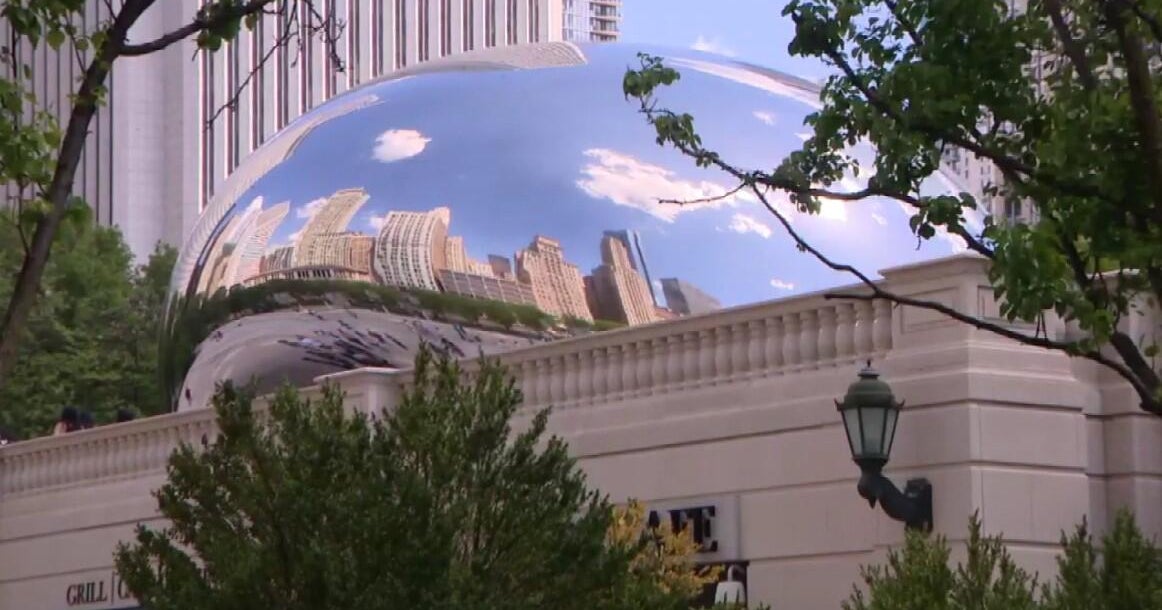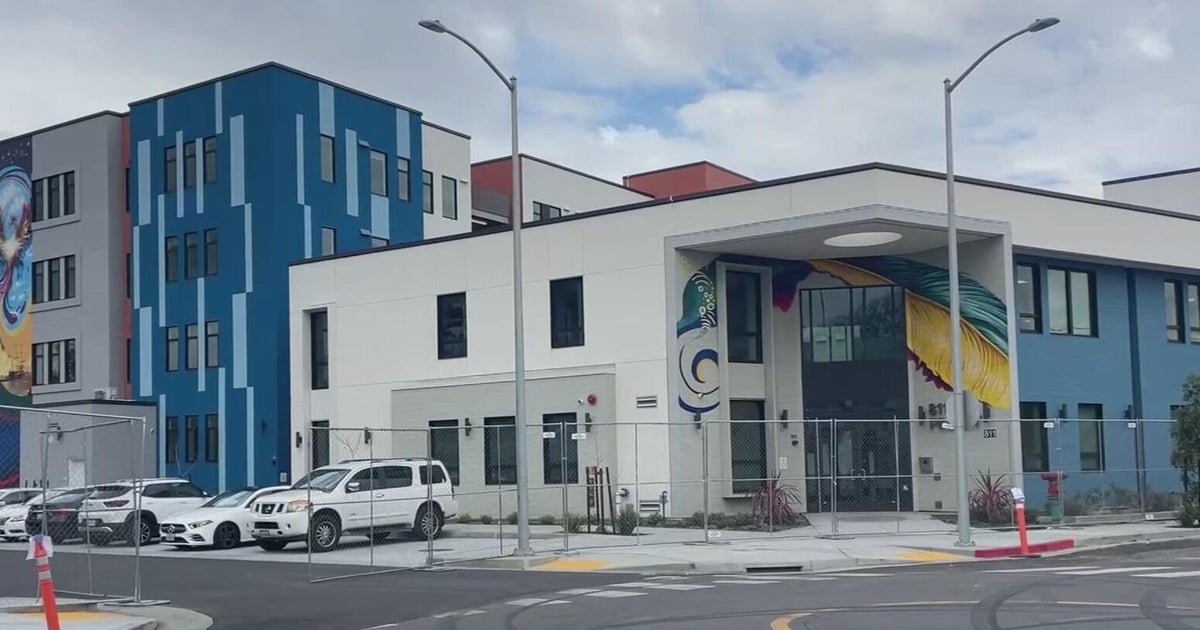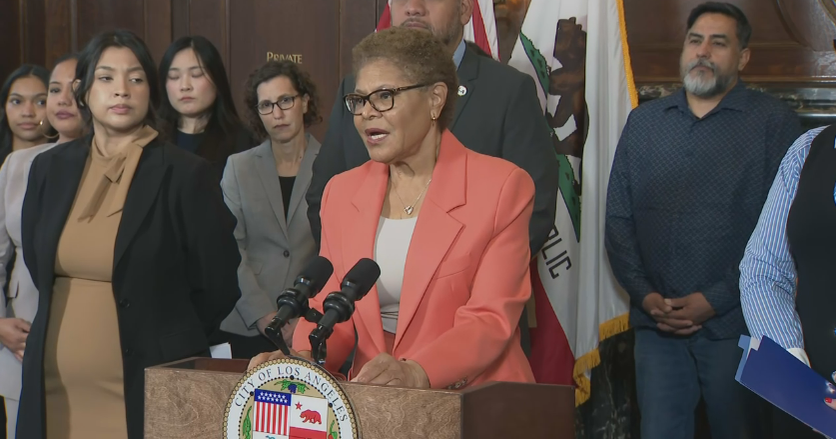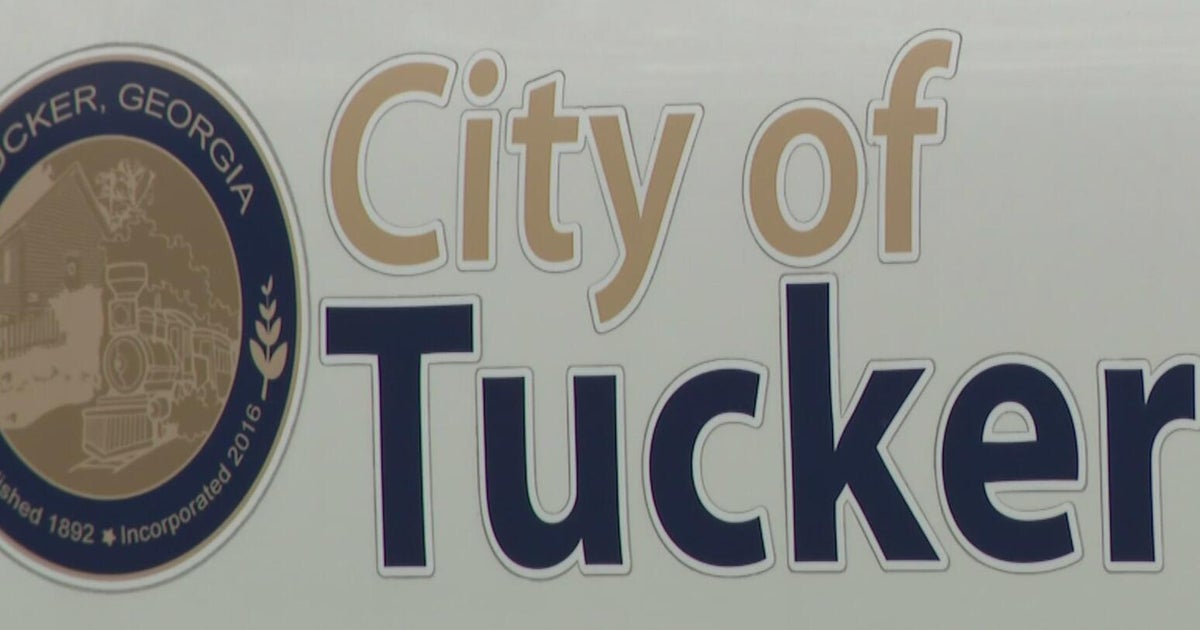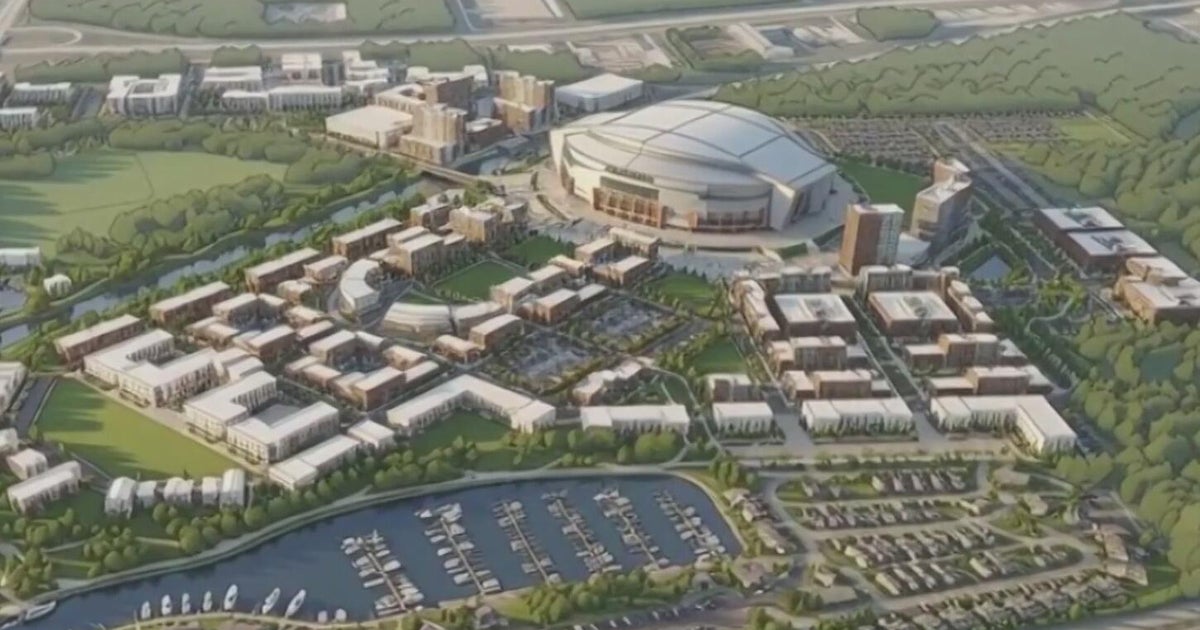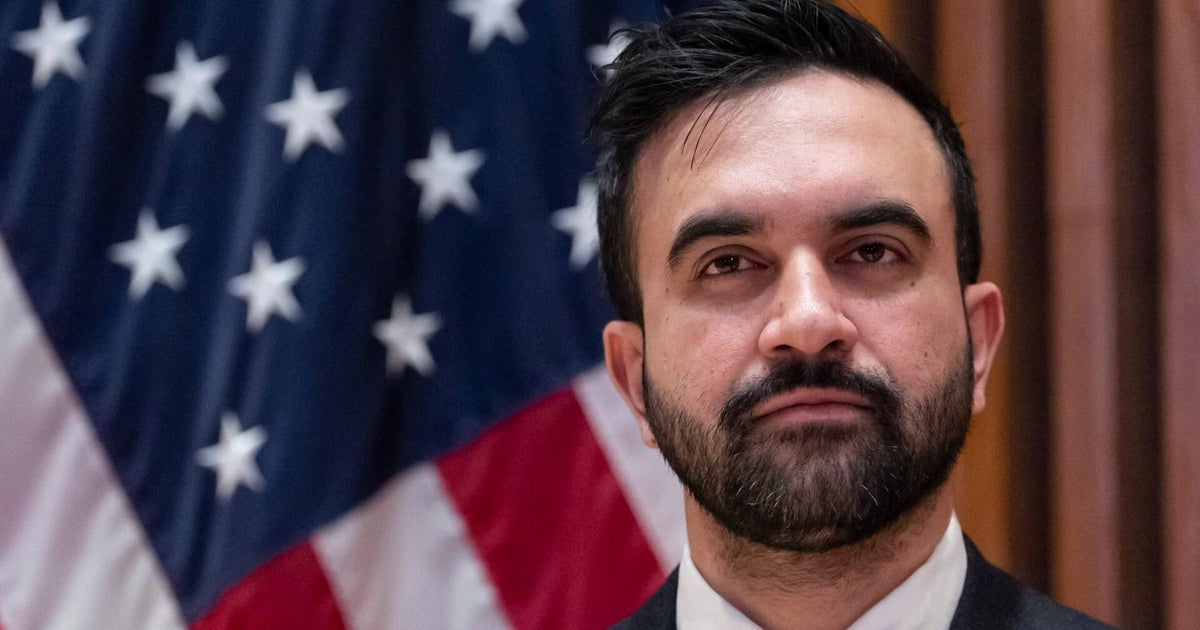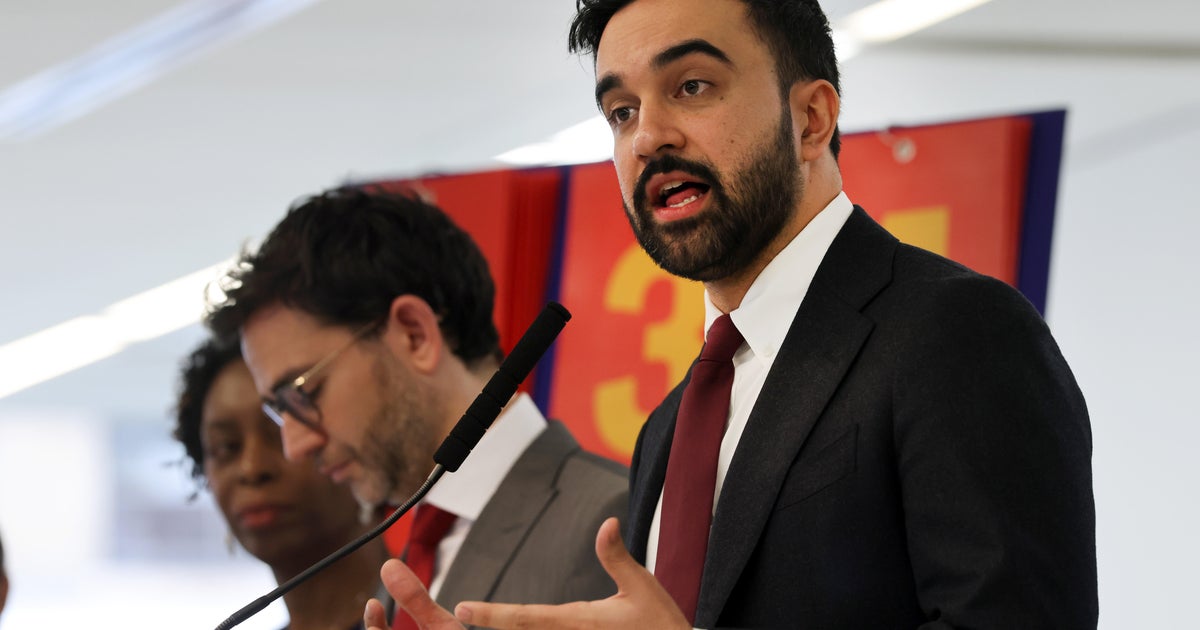Mayor Brandon Johnson's public safety plan focuses on outreach and intervention
CHICAGO (CBS) -- Mayor Brandon Johnson on Thursday rolled out his highly-anticipated public safety plan, outlining a strategy spearheaded by the city's new Office of Community Safety.
The mayor and others shared new details on the plan at Kennedy-King College. The crime problem in Chicago is a complex one, but the mayor said his plan is going to simply combat violence in two ways — through people and places.
Johnson, Police Supt. Larry Snelling, and a number of other officials announced what they are calling "The People's Plan for Community Safety," where city government, community and faith organizations, youth leaders, and local businesses will all play roles in addressing public safety, and the impact historic disinvestment has had in those communities.
The plan would first tackle the problem of crime through outreach and intervention with youth and adults historically impacted by violence. The city also will invest number of resources on the ground, like crisis response professionals and violence prevention programs, which officials said would prevent future violence.
The second part of the plan would focus on places and communities that have experienced long-term disinvestment in areas of education, housing, and economic opportunity – such as the Englewood, Austin, and Fuller Park neighborhoods.
As the mayor explained, it's going to be a joint effort, as the city cannot do this alone.
"The immediate response is to make sure that we're creating opportunities for our young people; investing in health, education; but also making sure that those who are connected to the neighborhoods are fully supported to actually help provide the type of response as well as the reduction that we're looking for," Johnson said.
"This isn't a policy. This isn't one of those policies that will sit on a shelf in City Hall that's 150 pages long. What this is, and what we are launching today, is a deliberate and intentional action plan that we will create with the community to interrupt and address acute violence, while also eradicating those actute causes," said Deputy Mayor of Community Safety Garien Gatewood.
Johnson's plan might sound like a familiar approach, but the mayor insisted it will be different; first focusing on the most vulnerable communities, and eventually every part of the city. He said safety right now is the number one priority for his administration.
As CBS 2's Sabrina Franza reported, two experts in law enforcement pointed out holes in the mayor's plan – and identified some big "ifs" they're concerned about.
"It looks pretty on paper. But unfortunately, we've seen most of it before," said Patricia Casey former commander of the Chicago Police Youth Division. "One reason we failed was that we never put any mechanisms in place to make this more than voluntary."
Eugene Roy, former Chicago Police chief of detectives, supports the community-based approach.
"It's going to be a long-term solution," he said.
But Roy worries partnerships will not extend to prosecutors on the state and federal levels.
"You have to have the buy-in and trust of the community, and you have to partner with them. No matter how sound of a plan it's going to be, there's always going to be crime. As long as there's people, there's going to be crime," Roy said. "So that's where you have to have these relationships with the prosecutors - both at the state and federal level. We need to have partnerships with the judges that are sitting on the benches and hearing these cases. That's what we need."
The Mayor's office admits the root causes of crime cannot be solved overnight. They wrote that on their website outlining the plan.
They made a commitment to listen to evolving needs of the community and adapt as the rollout begins.
